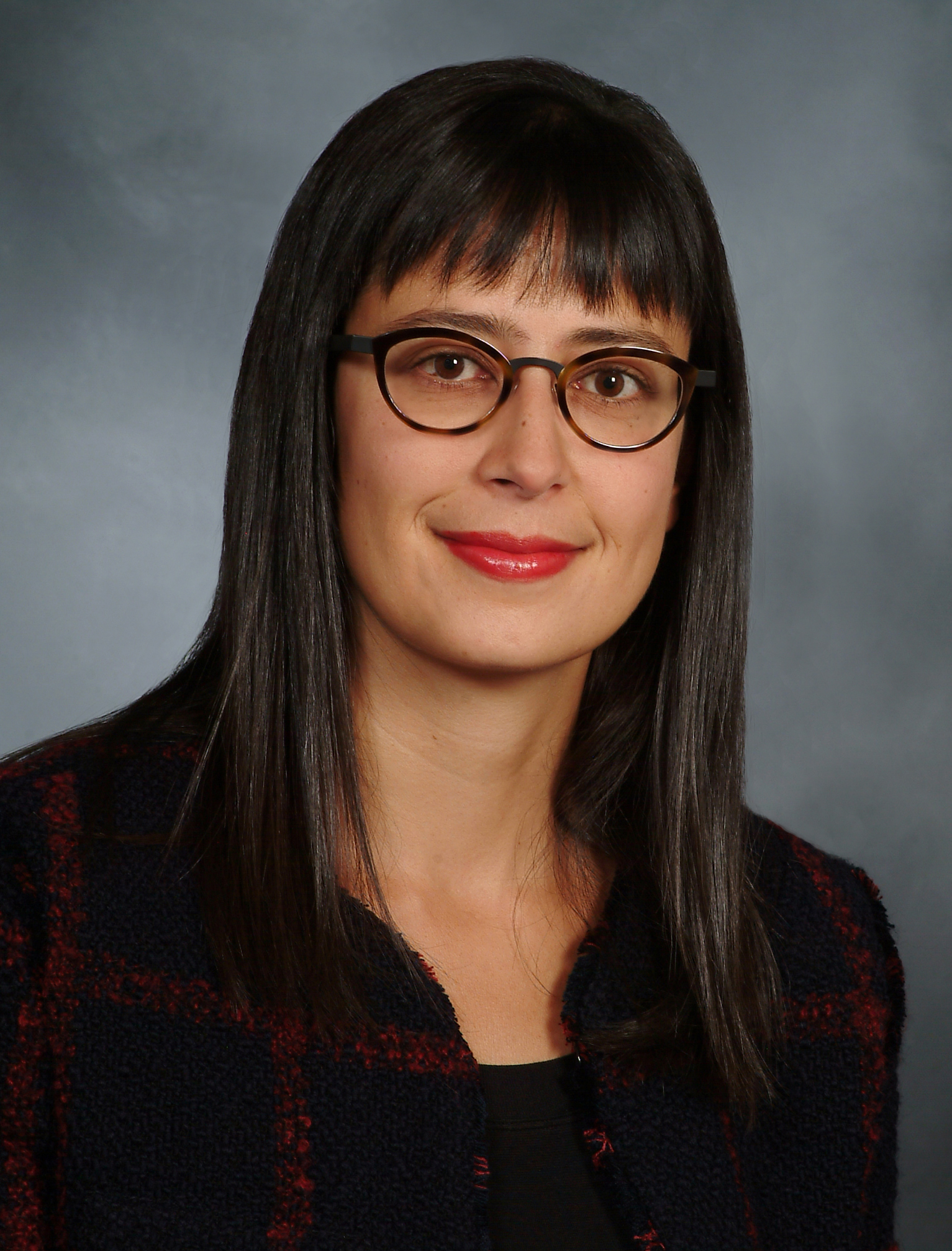Dr. Anaїs Rameau, an assistant professor of otolaryngology and an attending laryngologist at the Sean Parker Institute for the Voice at Weill Cornell Medicine, has been awarded a Paul B. Beeson Emerging Leaders Career Development Award in Aging by the National Institute on Aging, the American Federation for Aging Research and the John A. Hartford Foundation.
Established in 1998, the prestigious award provides more than $1.2 million in funding over five years for mentored, aging-related research. It affords early-stage investigators who have begun to establish research careers and have shown leadership potential, the resources and time to focus on clinical research while meeting the demands of patient care and other clinical responsibilities. Dr. Rameau is the first ENT physician to receive a Beeson Award in the nearly 30-year history of the program.

Dr. Anaїs Rameau.
“I’m incredibly honored to receive the Beeson Award and also to be the first otolaryngologist to receive it,” Dr. Rameau said. With the number of Americans ages 65 and older expected to double by 2040 according to the Urban Institute, “it’s important that the field of otolaryngology invests in research efforts on aging,” she said.
Dr. Rameau’s research will focus on using voice recordings to detect aspiration—when something swallowed goes down the wrong pipe and enters the airway or lungs, which can increase the risk of pneumonia. Pneumonia is leading cause of death for people with age-related disorders, including dementia, stroke and Parkinson’s disease. “The goal of our project is to prevent those complications in older patients at risk for aspiration,” Dr. Rameau said.
The multidisciplinary project, in collaboration with Weill Cornell Medicine’s Division of Geriatrics and Palliative Medicine and Department of Otolaryngology – Head and Neck Surgery, the Englander Institute for Precision Medicine, Cornell University in Ithaca and bio-acousticians at the Cornell Lab of Ornithology, will involve collecting data on 500 patients in a human pilot study at risk of choking and aspiration.
During this five-year study, Dr. Rameau will be mentored by Dr. Mark Lachs, the Irene F. and I. Roy Psaty Distinguished Professor of Medicine and co-chief of the division of Geriatrics and Palliative Medicine at Weill Cornell Medicine, Dr. Sara Czaja, a professor of gerontology in medicine and director of the Center on Aging and Behavioral Research at Weill Cornell Medicine, and Dr. Michael Stewart, professor and chairman of the department of Otolaryngology – Head and Neck Surgery at Weill Cornell Medicine and Otolaryngologist-in-Chief at New York-Presbyterian Hospital/Weill Cornell Medical Center.
The project aims to create a digital platform in the form of an app, that would allow clinicians to provide a reliable aspiration test at the bedside. “Our research suggests that conventional acoustic metrics of voice and cough sound different in important ways between patients with and without aspiration risk,” Dr. Rameau said. “We also want to deploy artificial intelligence in acoustic data processing to see if we can improve our detection methods.” The long-term goal is to perfect the digital tool, which could ultimately be more effective than current bedside screening assessments in determining if patients with swallowing dysfunction are at risk for aspiration.
As a path toward independence in research, the Beeson Award also represents an opportunity to advance the specialty of otolaryngology. “ENT physicians often deal with the quality-of-life aspects of aging, including sensory impairments in hearing and smell,” Dr. Rameau said. “As we are learning, sensory impairment is associated with and may be connected to cognitive decline. Hearing loss, for example, is linked to dementia.”
“I hope to inspire other otolaryngologists to do funded aging research and to continue to improve the standards of care for our patients,” she added.

